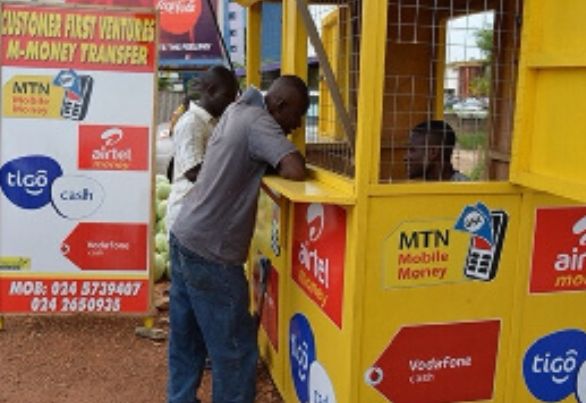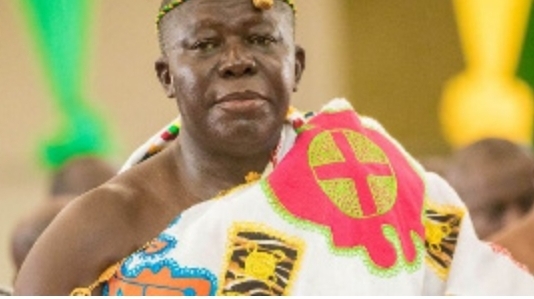What to look out for in 2 days when E-Levy starts

Payment of fees and taxes would not be taxed – Ofori-Atta
Transfer between accounts owned by the same person exempted from e-levy
The Electronic Transfer Levey (E-Levy) Bill after it was passed by Ghana’s Parliament on March 29, was assented by President Nana Addo Dankwa Akufo-Addo into law just a few days later, despite a suit by three MPs of the minority caucus in Parliament challenging its passage.
The Ghana Revenue Authority (GRA) is set to start the collection of the levy in just two days (on May 1, 2022). Contrary to assertions in the public, the GRA has indicated that it has put in place all the necessary measures, including the system needed to collect the levy, and it was cooperating with Electronic Money Issuers (EMIs) and other stakeholders to ensure that the collection of the levy starts on Monday, May 2, 2022.
But do Ghanaians remember the threshold and categories of electronic money transfers that will lead to them paying the 1.5 percent E-Levy?
GhanaWeb looks at the five main items that the GRA has indicated the E-levy would cover.
Transferring money to a person(s) on the same ‘network’
The first group of transfers the GRA has indicated will attract the 1.5 percent levy are cumulative mobile money transfers above GH¢100 between accounts on the same electronic money issuer (EMI).
In other words, if a person accumulatively sends money above GH¢100 through any of the Bank of Ghana proved EMI, let us say Zeepay Ghana Limited to another person on Zeepay the sender would pay the 1.50 percent tax.
Transferring money to a person(s) on the different ‘network’
The second item that the e-levy will cover is mobile money transfers from an account on one EMI to a recipient on another EMI.
So, in a day should a person using Zeepay accumulatively send funds (in excess of GH¢100) to a person(s) on Vodafone cash and/or MTN mobile money, the sender would have to pay the e-levy.
Transfer from bank accounts to mobile money accounts:
The third bracket of transactions that will be affected by the levy includes transfers from bank accounts to mobile money accounts.
For example, if you are sending money from a Zenit Bank account (cumulative over GH¢100) to MTN mobile money account(s) would attract a 1.50 percent deduction.
Transfer from mobile money accounts to bank accounts:
Transferring money from mobile money accounts to bank accounts over GH¢ 100 would also be taxed 1.50 percent. In order words, sending over GH¢100 from your AitelTigo mobile money to your GCB bank account would be taxed.
Transfers using banks application and digital platforms
The GRA has also indicated that the levy also covers bank transfers on digital platforms or applications which originate from a bank account belonging to an individual to another individual. So, if you are sending money from your GCB Banking App or an Ecobank digital platform you are not safe from E-Levy.
Here are the exception to the E-Levy
Transfers below GH¢100
As established early, all transactions irrespective of the accounts involved if is below GH¢100 will not attack the 1.5 percent level.
Transfers between accounts owned by the same person
So, if you transfer money from your Momo account to your bank account or any account be it a joint account, or a trust account, you will not be taxed. However, this will require that Ghanaians will update their mobile or banks account records with either their Ghana Carb or Taxpayer Identification Number.
Transfers for payment of fees and charges
Another group of transfers that would not attract the E-Levy includes transfers to pay your wards school fees, payment of taxes as well as charges being paid on the Ghana.govplatform.
Specified merchant payments
Transfers to Merchants are also exempted from paying the E-Levy. For merchants to ensure that they benefit from this exemption they have to have registered their business and make sure they are paying the requisite income because the GRA will be maintaining a list of all commercial Momo establishments that have been registered.
Transfers between principal, master-agent, and agent’s accounts
Electronic clearing of cheques





